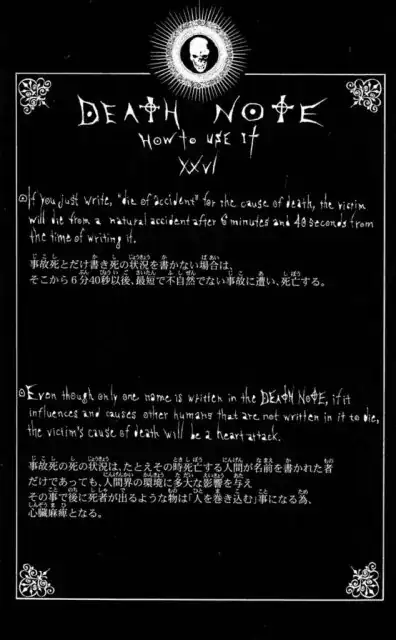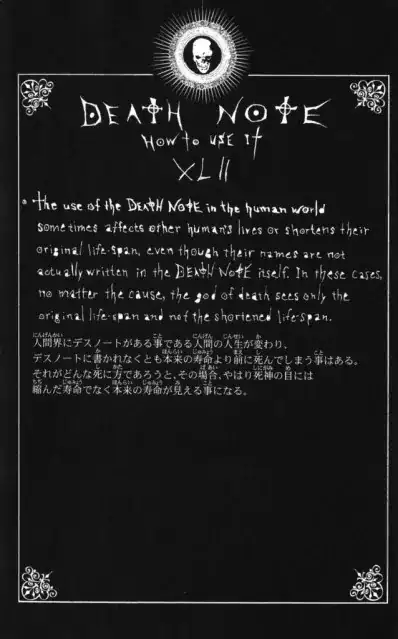Note: It's been a while since I watched Death Note, and it's not a series I've followed much afterwards, so feel free to correct me if I'm wrong. I have also only seen the anime.
There are two points to address here:
In Death Note, we see that Misa is fairly devoted to Light, in almost an obsessive way, but it's not completely clear if she's obsessed to the point where life would be completely pointless without him. We do see that she's fairly dependent on him, and to be honest arguing about whether or not she's that devoted to Light is slightly difficult, so it's easier to come to some conclusion by looking at the exact mechanics of the death note.
The "leading to the death of someone else" bit is usually interpreted as
the death of someone whose name is in the DN cannot directly lead to the death of someone else1
An example of something that wouldn't work would be:
XXX hijacks a passenger jet and crashes it into a mountain [which wouldn't work because it would kill the passengers as well]
In Misa's case, her suicide is somewhat indirect, so one could say that this rule doesn't quite apply here - I get the impression that driving the bereaved to suicide as a result of someone's death doesn't really count. (We should note that the influence that the Death Note rules talk about seem to be more "physical" and direct.) As stated by user1306322, Misa commits suicide of her own will here, which is also important here.
- Realistically speaking, the idea that something will occur as a result of an earlier event can't really be said to ever be completely certain (in the same way one might say that there's a chance the sun might not rise today). But given how we see the death notes work, I don't think this should be an issue per se as long as the causality is reasonably direct.

